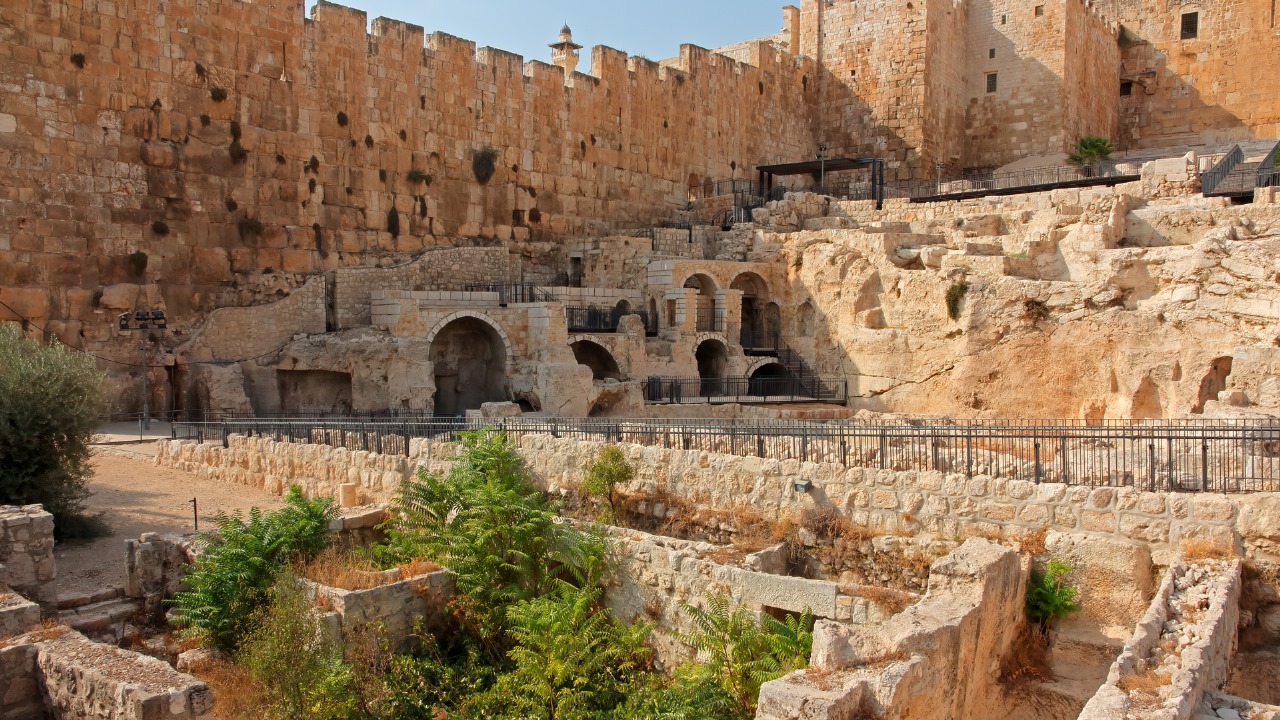
Embarking on a Spiritual Journey: Religious pilgrimages are profound experiences that connect believers to their faith, culture, and heritage. Whether you’re a Christian walking the Via Dolorosa in Jerusalem, a Muslim performing Hajj in Mecca, a Hindu visiting the Kumbh Mela, or a Buddhist traveling to Lumbini, these journeys are often marked by deep spirituality. However, they also involve travel risks and uncertainties, making travel insurance an essential part of the planning process. Here’s how tailored travel insurance can protect and enhance your pilgrimage experience across various religions.
The Unique Risks and Challenges of Pilgrimages
1. Health and Safety Risks
Pilgrimages often involve physically demanding activities like long walks, fasting, or exposure to crowded environments. For instance, Hajj involves rituals performed in large groups, increasing the risk of heatstroke or infectious diseases. In other instances, Buddhist pilgrimages may take place in high altitudes, posing health challenges like altitude sickness. Travel insurance can cover medical emergencies, ensuring access to immediate care and treatment costs, regardless of the location.
2. Travel Disruptions
Pilgrimages are usually meticulously planned events. However, unforeseen circumstances like flight cancellations, natural disasters, or political unrest can disrupt travel. Travel insurance provides trip cancellation or interruption coverage, allowing pilgrims to recover non-refundable expenses and make alternative travel arrangements.
3. Loss or Delay of Essential Items
Pilgrims often carry items with significant religious value, such as sacred texts, ritual clothing, or dietary provisions. Losing these items can impact the pilgrimage. Travel insurance that includes coverage for lost, stolen, or delayed baggage can help replace these essentials quickly, ensuring the pilgrimage continues as planned.
4. Assistance in Remote or High-Risk Areas
Many pilgrimage sites are located in remote areas or regions with limited access to medical facilities. For example, Hindu pilgrims visiting the Char Dham in the Himalayas face challenges due to the region's rugged terrain. Travel insurance with emergency medical evacuation ensures that in case of a severe health issue, pilgrims can be transported to the nearest suitable healthcare facility swiftly.
Coverage Options for Diverse Pilgrimage Needs
1. Medical and Health Coverage
Given the physical nature of many pilgrimages, robust medical coverage is crucial. Policies should cover emergency medical treatments, hospital stays, and medications. Some policies may also include coverage for pre-existing conditions, which is particularly important for older pilgrims or those with chronic health issues.
2. Trip Cancellation and Interruption
Pilgrimages often require significant time and financial investment. Ensure your travel insurance policy covers cancellations or interruptions due to various reasons, such as sudden illness, family emergencies, or natural disasters. This coverage is essential for recovering non-refundable costs and rescheduling the pilgrimage.
3. Coverage for High-Risk
Activities Some pilgrimages, like the Camino de Santiago, involve activities like hiking, camping, and long-distance walking. Choose a policy that specifically covers these activities. This coverage is vital to address potential injuries or accidents that could occur during the pilgrimage.
4. Lost Baggage and Personal Belongings
Pilgrims often carry personal items with religious significance. Look for a policy that provides adequate compensation for lost, stolen, or delayed baggage, so you can replace necessary items without financial strain.
5. Emergency Assistance Services
24/7 emergency assistance is an invaluable part of travel insurance for pilgrims. Whether it’s providing immediate medical advice, arranging emergency evacuations, or assisting with lost documents, having access to round-the-clock support can make a significant difference during a pilgrimage.
Specific Considerations for Major Religious Pilgrimages
1. Christian Pilgrimages (Jerusalem, Lourdes, Camino de Santiago):
- Coverage for Group Travel: Many Christian pilgrimages are undertaken in groups. Opt for group travel insurance policies that provide comprehensive coverage for everyone involved.
- High-Risk Activities: If your pilgrimage involves hiking or walking long distances, like the Camino de Santiago, ensure your policy covers these activities and any related injuries.
2. Islamic Pilgrimages (Hajj, Umrah):
- Crowd-Related Health Risks: Given the large number of pilgrims, the risk of infectious diseases or accidents increases. Choose a policy that includes coverage for emergency medical care in crowded conditions.
- Mandatory Insurance: For Hajj, having travel insurance is often a visa requirement. Ensure the policy meets all Saudi Arabian regulations and provides adequate coverage for the entire pilgrimage duration.
3. Hindu Pilgrimages (Kumbh Mela, Char Dham):
- Coverage for Natural Disasters: Many Hindu pilgrimages are in areas prone to natural calamities like floods or landslides. Ensure your travel insurance covers natural disaster-related disruptions.
- High-Altitude Coverage: If traveling to high-altitude pilgrimage sites, such as those in the Himalayas, select a policy that includes coverage for high-altitude sickness and medical evacuation.
4. Buddhist Pilgrimages (Lumbini, Bodh Gaya):
- Remote Locations: Many Buddhist sites are in remote regions with limited healthcare access. Travel insurance with medical evacuation coverage is essential for emergencies.
- Cultural Sensitivity Support: Choose insurance providers that offer support services respecting local customs and religious practices, ensuring a respectful and smooth pilgrimage experience.
Additional Benefits of Pilgrimage Travel Insurance
1. Protection Against Fraud
Pilgrims may encounter scams or fraudulent practices, especially in crowded or unfamiliar places. Travel insurance providers can offer assistance and compensation if you fall victim to such incidents, helping you recover financial losses.
2. Emergency Cash Assistance
In case of lost wallets or stolen money, some travel insurance policies provide emergency cash services, ensuring that pilgrims have access to funds to continue their journey without major disruptions.
3. Mental and Emotional Support
Pilgrimages can be emotionally intense. Some travel insurance providers offer access to support services that can help manage stress, anxiety, or emotional challenges that may arise during the journey
.
Tips for Choosing the Right Pilgrimage Travel Insurance
1. Research Policy Inclusions and Exclusions
Ensure the policy covers all potential risks associated with your specific pilgrimage. Pay special attention to exclusions, such as specific activities or regions that may not be covered.
2. Compare Different Providers
Not all insurance policies are the same. Compare coverage options, claim procedures, and customer reviews of different providers to find the best fit for your needs.
3. Understand the Claims Process
A straightforward claims process is crucial, especially when traveling. Choose a provider known for efficient and hassle-free claims handling, so you can focus on your spiritual journey.
A pilgrimage is a journey of faith, self-discovery, and spiritual growth. While it involves stepping into the unknown, travel insurance provides a safety net that allows you to fully embrace the spiritual aspects of your journey. By choosing comprehensive travel insurance tailored to the unique challenges of religious pilgrimages, you can safeguard not only your investment but also the sanctity of this transformative experience, ensuring peace of mind as you embark on your path of faith.



